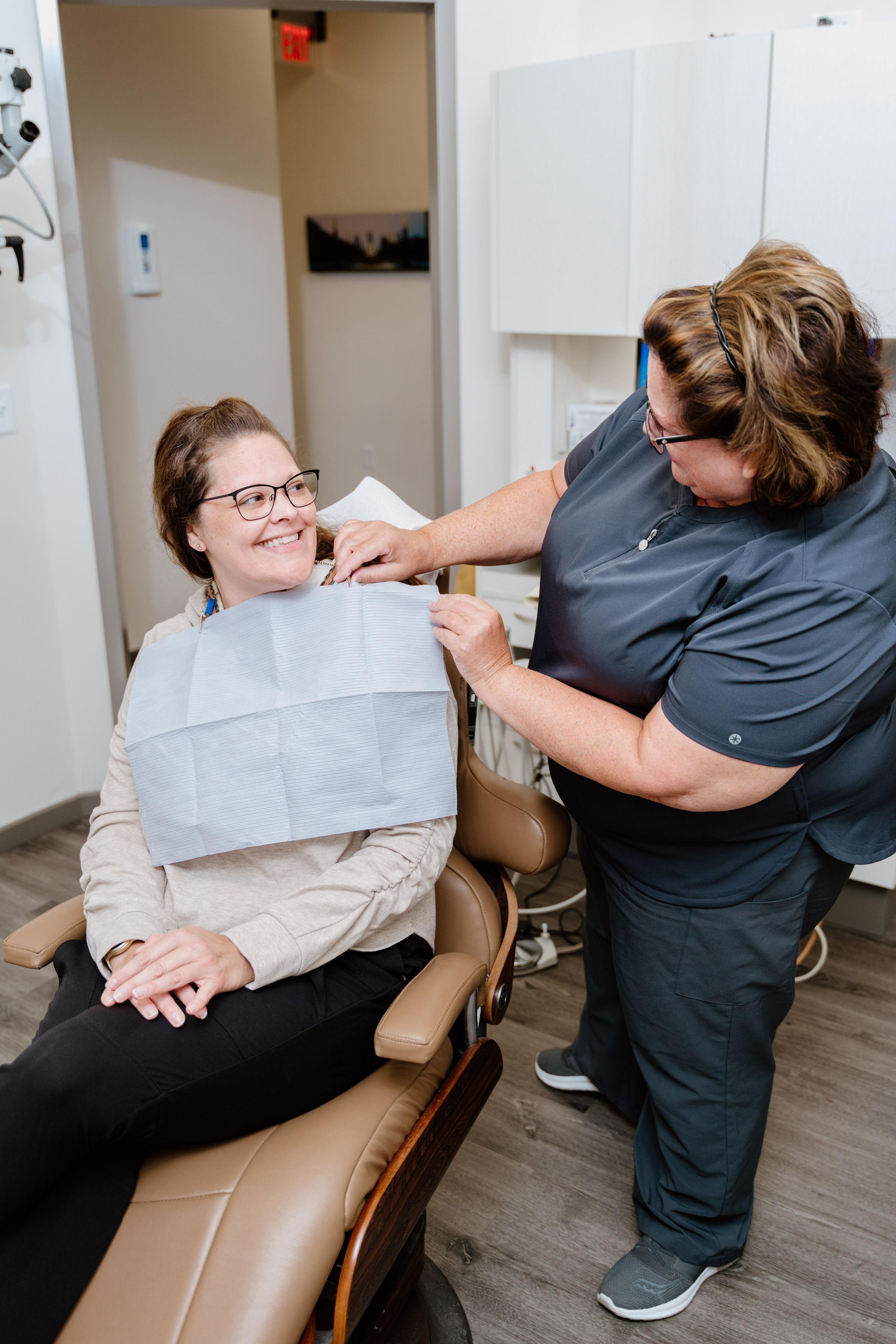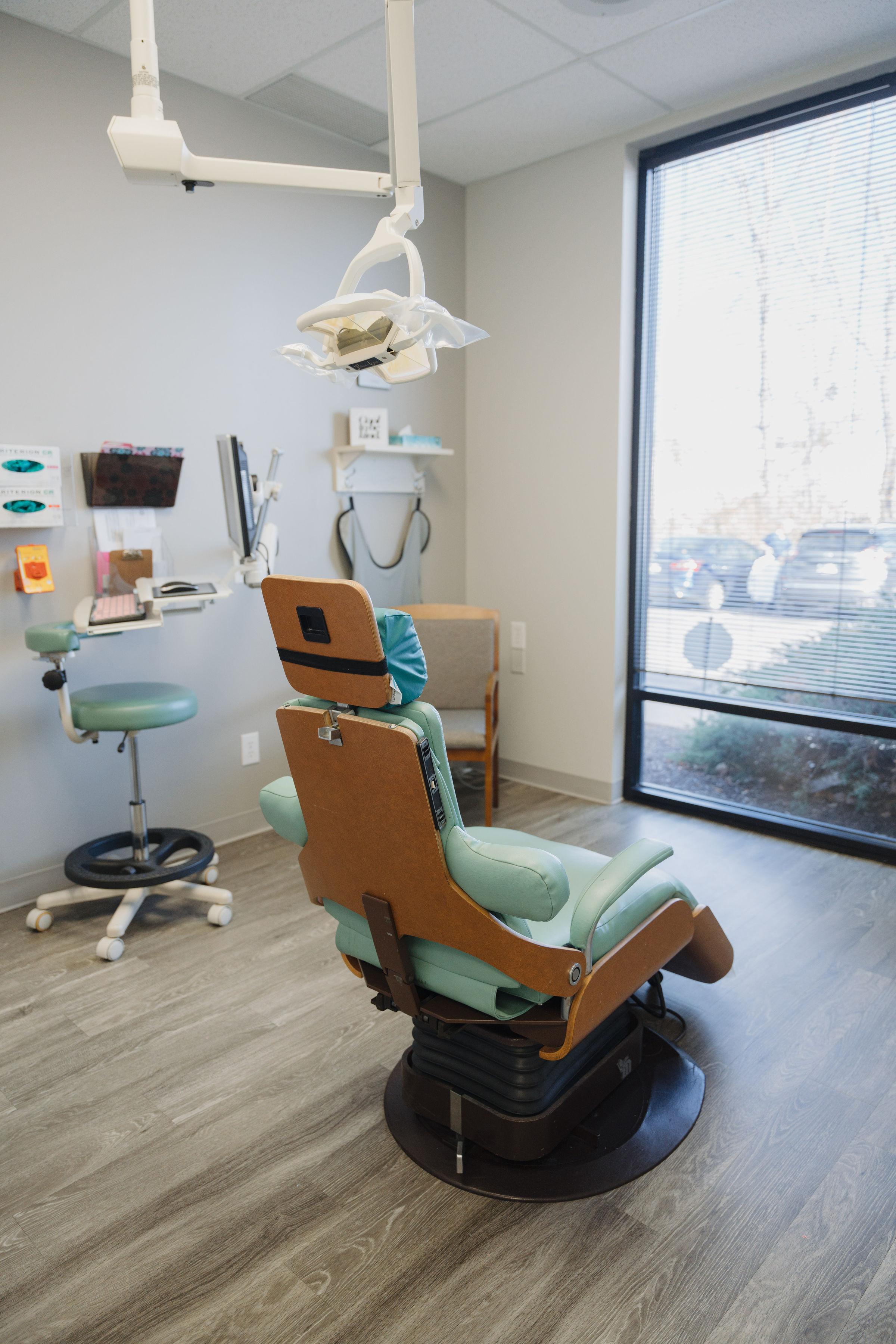What Sets Surgical and Non-Surgical Root Canals Apart?
Distinguishing Between Non-Surgical and Surgical Root Canals
A non-surgical root canal, or pulpectomy, is the standard approach to treat and cleanse the affected tooth by removing damaged and decayed pulp. Unlike surgical root canals, no additional surgical procedures are involved in eliminating the infection.
On the contrary, a surgical root canal encompasses a pulpectomy along with an apicoectomy. During the apicoectomy, the tips of the tooth's root are surgically removed to eliminate any remaining infection from the mouth.
What to Anticipate During a Surgical Root Canal
Numbing the Mouth
In the initial step, your mouth will be numbed, ensuring your comfort throughout the pulpectomy and apicoectomy procedures. Sedation options are also available to further enhance your comfort, ensuring a pain-free experience.
Apicoectomy
A precise and minimally invasive incision will be made near the base of the affected tooth. Utilizing advanced equipment and specialized microscopes, our team will remove infected tissue and meticulously address the tips of the tooth root. Following this, the cleaned root ends will be sealed, and the incision site will be carefully sutured to facilitate healing.
What is Apicoectomy
An apicoectomy is a specialized dental procedure that may be recommended when a root canal treatment alone is insufficient to address a persistent infection or other complications. During an apicoectomy, the tip of the tooth root is surgically removed to eliminate any remaining infection or damaged tissue. This procedure is performed with precision and advanced techniques to promote healing and preserve the health of the tooth and surrounding tissues.
Is the Recovery Time Longer for a Surgical Root Canal?
The recovery time for a surgical root canal may vary depending on individual factors and the complexity of the procedure. While the initial healing process typically takes a few days, complete recovery may take several weeks. It is important to follow post-operative instructions provided by your dentist, including taking prescribed medications and practicing good oral hygiene. Regular follow-up appointments will also be scheduled to monitor your progress and ensure optimal healing.

